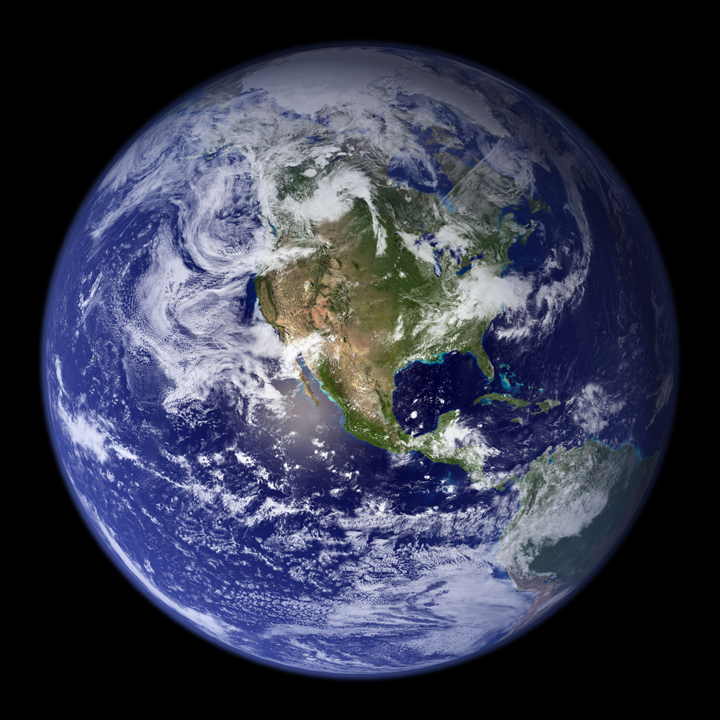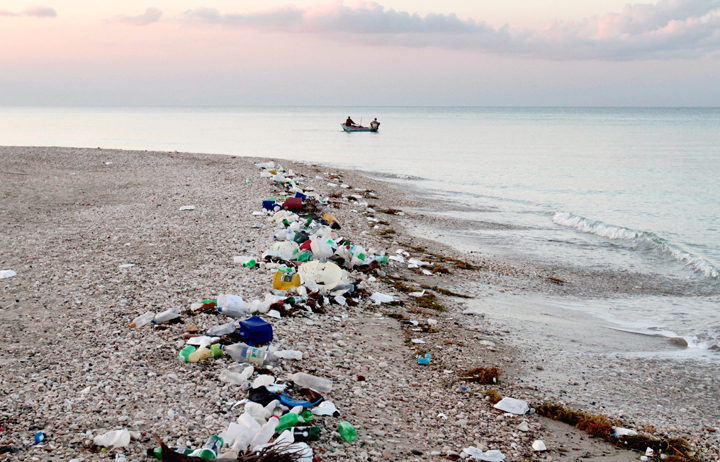There’s no doubt that humans have influenced Earth, but now scientists are calling for that to be formally acknowledged with the ushering in of a new epoch.

Scientists gathered at International Geological Congress in Cape Town, South Africa, on Monday and voted to acknowledge that the planet has moved from the Holocene Epoch to a new, human-influenced one called the Anthropocene Epoch.
Geological time is broken up into eons, eras, periods, epochs and ages — in order from longest to shortest. An epoch usually lasts millions of years. In this case, if it is approved, the Holocene Epoch would be the shortest in history, lasting a mere 12,000 years.
The effort to officially acknowledge the new epoch come from a the Subcommission on Quaternary Stratigraphy’s Working Group on the ‘Anthropocene.’ One of the subcommission’s purposes is to establish and publish a global geological timescale for the most recent geological period, the quaternary.
READ MORE: Are we in the midst of a mass extinction?
Following seven years of work and research, the international group found that a geological period of time dubbed the Anthropocene by chemists Paul Crutzen and Eugene Stoermer in 2000 is, indeed, underway.
“The phenomenon is of sufficient scale to be considered as part of the International Chronostratigraphic Chart, more commonly known as the Geological Time Scale,” wrote the University of Leicester in its media note on Monday. Jan Zalasiewicz, a professor at the university, headed the working group.
The changes occurred in the mid-twentieth century, the researchers concluded, stating that the Anthropocene Epoch should therefore be documented as starting in 1950.
READ MORE: Why our oceans are choking on our garbage and how we can stop it
While humans have always made an impact on our planet, since 1950 there has been a “marked acceleration” of erosion, chemical changes, changing climate and sea levels and even “unprecedented levels of species invasions across the Earth,” the university wrote wrote.
“Many of these changes are geologically long-lasting, and some are effectively irreversible.”
The last epoch — the Holocene — was marked by almost 12,000 years of stable climate, but its been the rapid acceleration that marks the changing of the guard, if you will.
The carbon emitted into the air; the plastic that chokes the oceans; the deforestation; nuclear tests that have left their mark across our planet; the animals that have been killed into extinction, have impacted the planet so rapidly, that the Holocene will be the shortest of all epochs. To put that in perspective, the epoch before the Holocene was the Pleistocene, which lasted for more than 2.5 million years.
While the Anthropocene Epoch has not been officially adopted — further sampling and analysis is needed before it goes to the Subcommission on Quaternary Stratigraphy and then the International Commission on Stratigraphy for voting, which could take two to three years — it’s clear that, once life on this planet is long gone, Earth will bear the scars of human life.
The vote acknowledging the Anthropocene was 34 for with one abstention. As for formalizing the new epoch, 30 voted for, three against, with two abstentions.





Comments